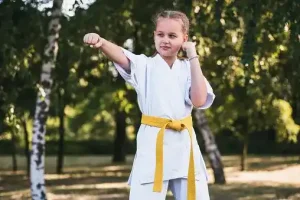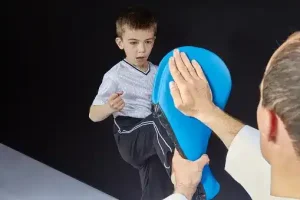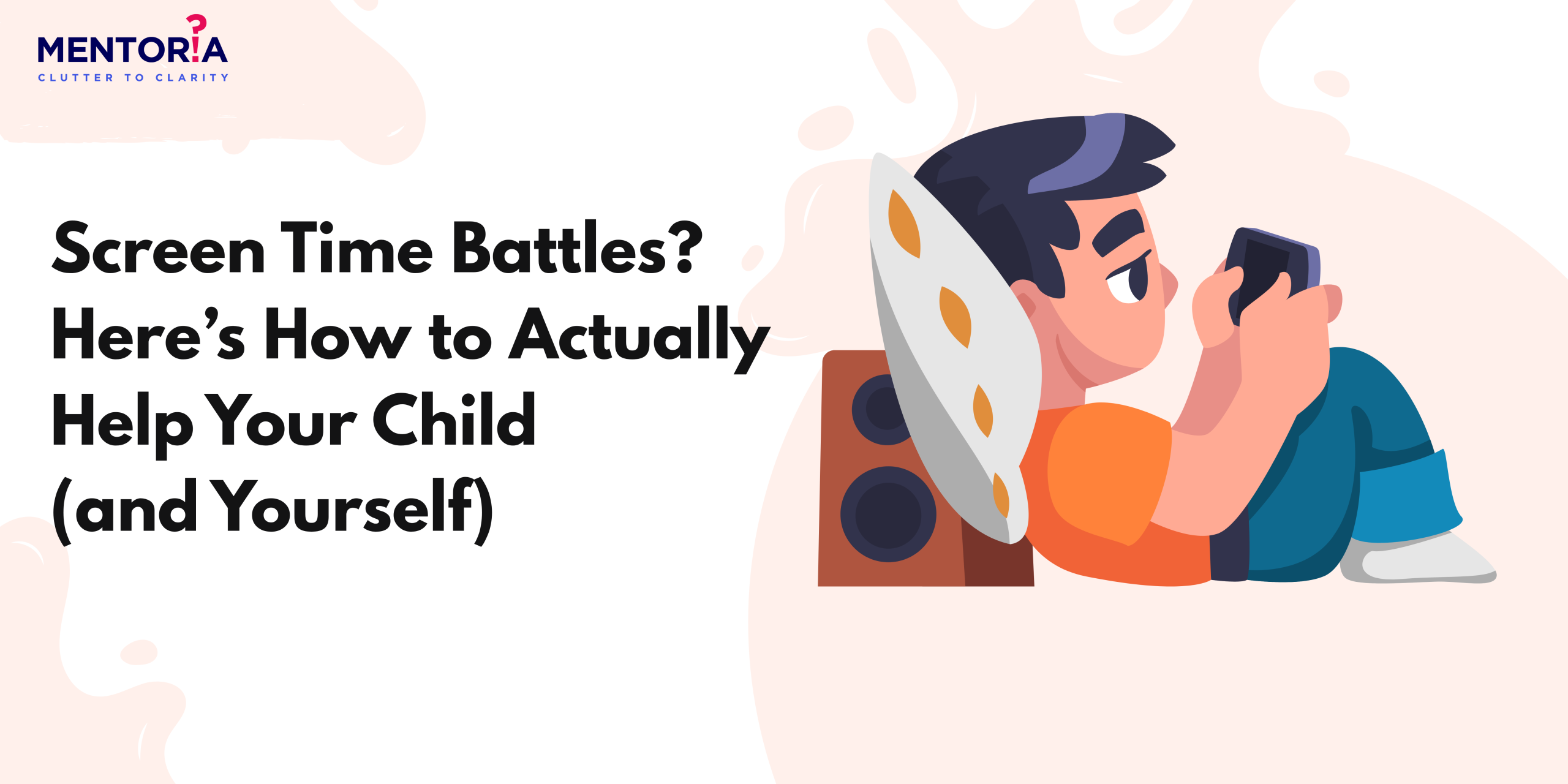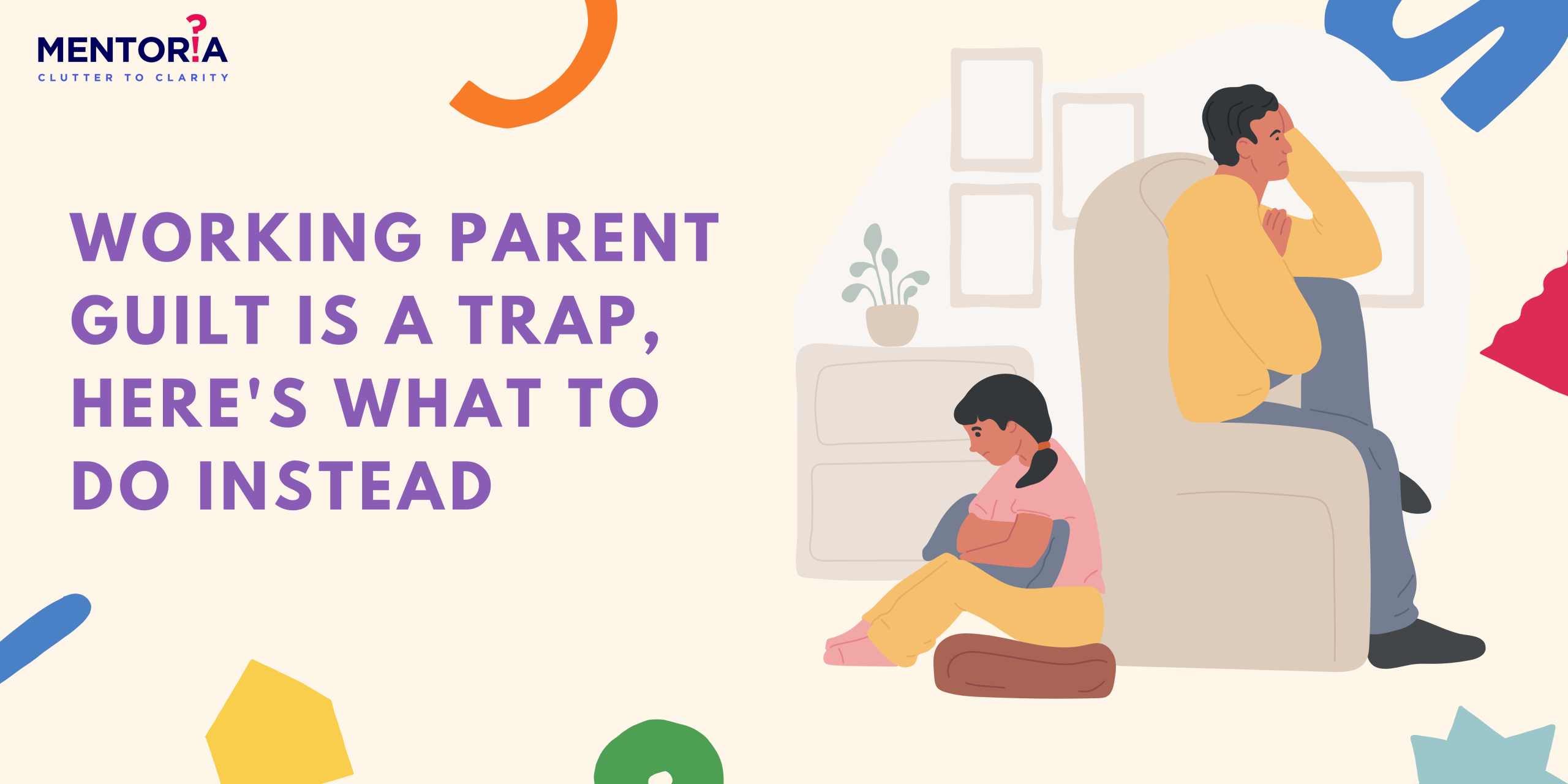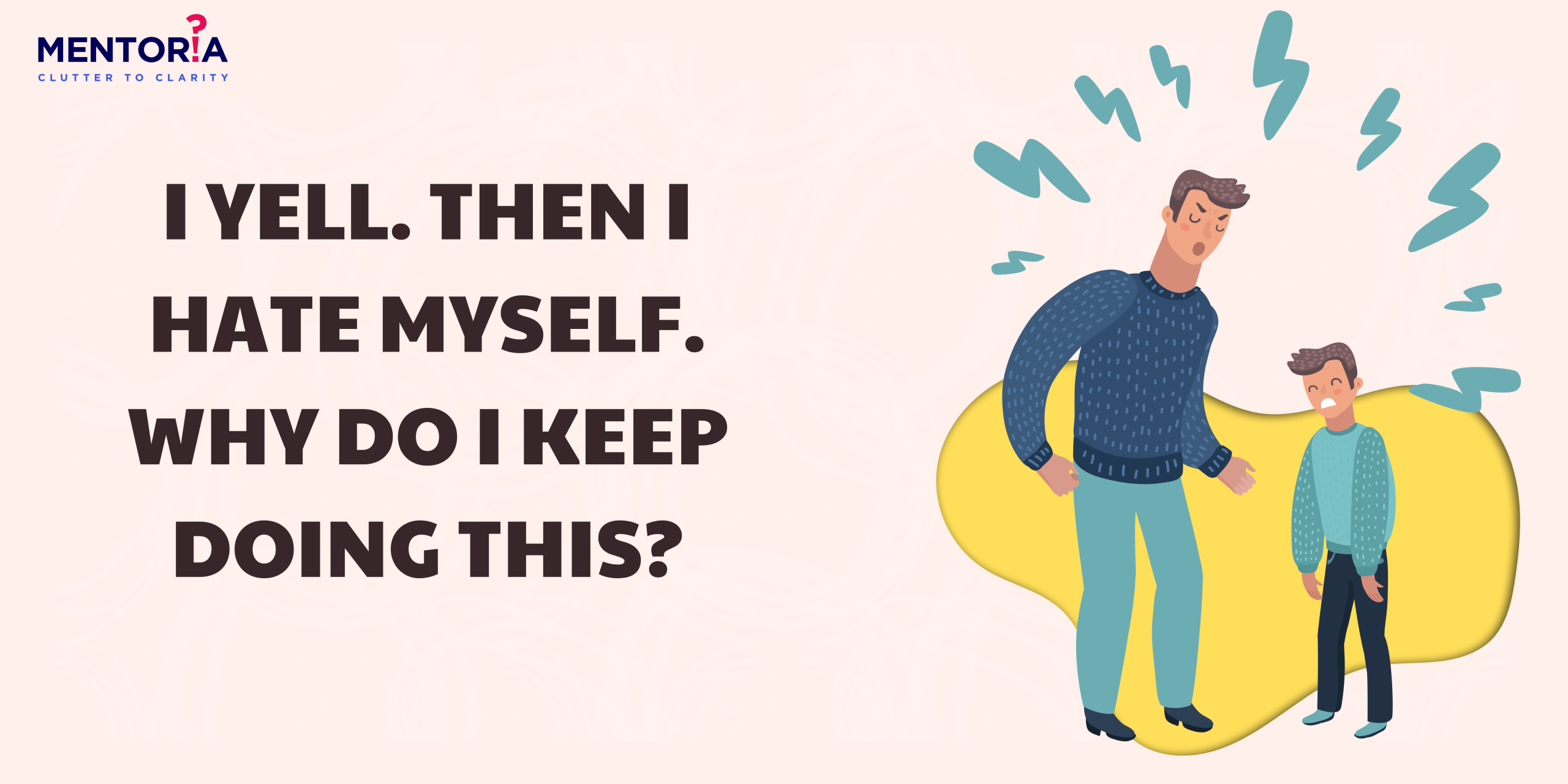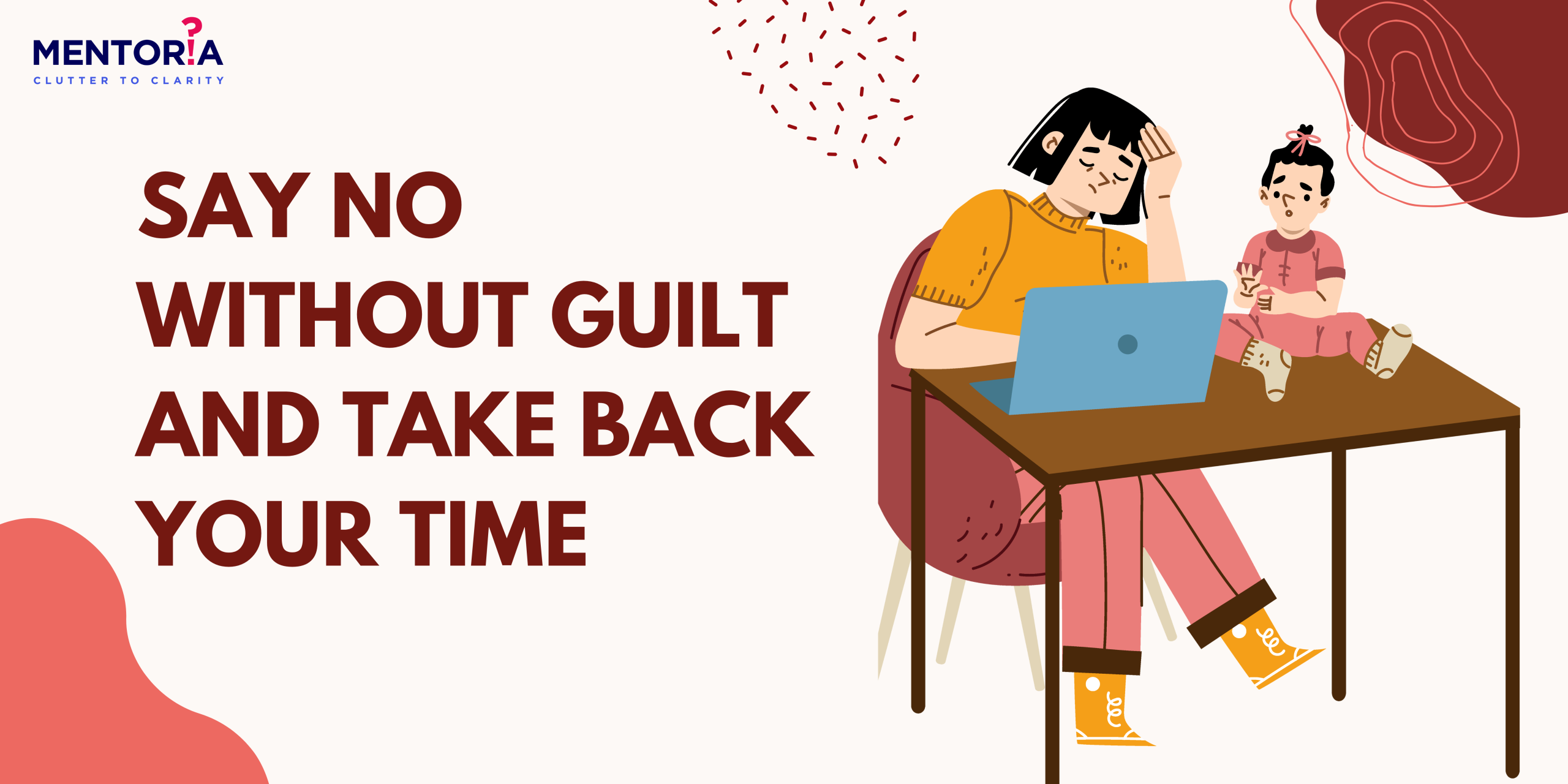A Parent’s Guide To Raising Fearless Children Through Self Defence
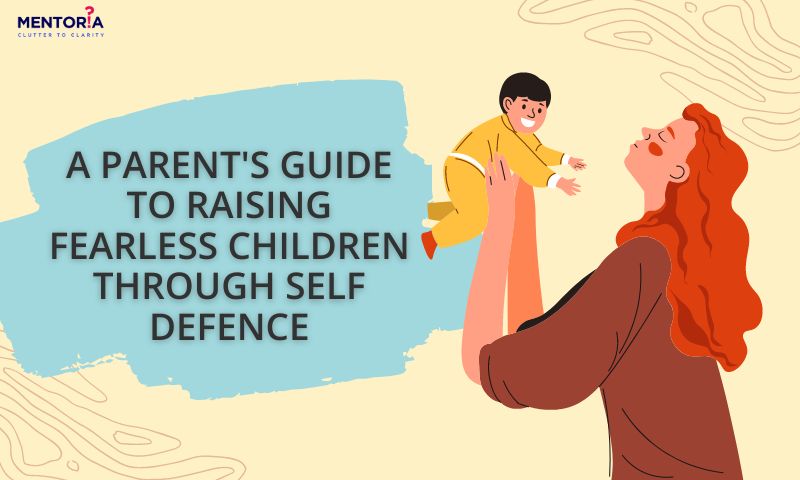
In a world teeming with excitement and uncertainty, equipping our children with self-defence skills takes centre stage. As parents, fostering fearlessness in our kids goes beyond just ensuring their physical safety; it’s about cultivating a confidence that ripples into every facet of their lives. This blog is a guide on the path to imparting self-defence to your child – a blueprint for nurturing resilient, confident, and fearless individuals.
How Can A Parent Teach Their Children Self Defence?
Why Self-Defense Matters
Teaching your child self-defence isn’t just about learning a few moves; it’s about laying the groundwork for a resilient and confident future. Self-defence matters because it goes beyond physical protection. It’s about instilling a mindset of empowerment from an early age, fostering the belief that your child has the tools to navigate the world confidently.
In the hustle and bustle of today’s world, self-defence skills act as a safety net. It’s not about promoting fear but about giving your child the ability to respond effectively in challenging situations. By understanding the significance of self-defence, parents can set the stage for their child’s personal growth and development.
Choosing The Right Martial Art: Finding Their Fit
Navigating the world of martial arts can be overwhelming, but finding the right fit for your child is crucial. Instead of a one-size-fits-all approach, consider your child’s personality and interests. Karate, taekwondo, Brazilian jiu-jitsu – the options are diverse. The key is to make it enjoyable so that your child remains committed to learning these essential life skills.
Each martial art brings something unique to the table. Karate emphasises striking techniques, taekwondo focuses on kicks and punches, and Brazilian jiu-jitsu incorporates ground fighting and submissions. Explore the options together with your child, allowing them to choose the martial art that resonates with them. This way, self-defence becomes a journey of self-discovery and personal growth.
Home Is The First Dojo: Integrating Daily Practices
The concept of self-defence shouldn’t be confined to the dojo; it starts right at home. Simple techniques like basic strikes and escapes can be incorporated into daily routines. Whether it’s practising a few moves before dinner or enhancing situational awareness during family outings, integrating self-defence into daily life reinforces its practicality.
Creating an environment where self-defence is a part of the norm helps demystify it for your child. It becomes a natural aspect of their routine, akin to brushing teeth or tying shoelaces. By turning home into the first dojo, parents ensure that self-defence becomes a habit, not just a lesson.
The Art Of Verbal Self-Defense: Nurturing Effective Communication
Self-defence isn’t just about physical prowess; it also includes mastering the art of verbal self-defence. Teaching your child how to assert themselves verbally, set boundaries, and diffuse potential conflicts empowers them to navigate social situations with confidence.
Effective communication is a powerful tool. By nurturing this skill in your child, you’re providing them with a means to express themselves assertively and navigate conflicts diplomatically. This aspect of self-defence ensures that your child not only feels physically secure but also socially adept in various situations.
Empowering The Mind: Mental Resilience Training
Building a fearless child is not solely about physical strength; it’s about mental resilience. Integrate mindfulness exercises and visualisation techniques into your child’s routine to enhance their focus and concentration. This mental resilience training prepares them to face challenges with a calm and composed mindset.
In the face of adversity, a child equipped with mental resilience is more likely to remain calm and think clearly. These exercises not only contribute to their self-defence toolkit but also enhance their overall emotional well-being. It’s about fostering a mindset that can weather any storm.
Safety In Numbers: Encouraging Group Training
Strength often comes in numbers, and encouraging your child to participate in group self-defence classes or workshops fosters a sense of community. Beyond individual skills, group training provides a supportive environment for skill development.
In a group setting, children not only learn from instructors but also from each other. It promotes a collaborative spirit and reinforces the idea that everyone deserves to feel safe. Group training not only enhances their self-defence abilities but also nurtures teamwork and camaraderie.
Keeping It Fun: Engaging Activities For Learning
Transforming self-defence into an exciting adventure rather than a mundane task is the key to keeping your child engaged. Incorporate games, scenarios, and role-playing activities that make learning self-defence enjoyable.
Games add an element of fun to the learning process, making it something your child looks forward to. Whether it’s a self-defence scavenger hunt or a role-playing scenario, keeping it light-hearted ensures that your child stays interested and motivated to learn.
Teaching Your Child Self Defence
Raising a fearless child involves acombination of physical training, mental resilience, and effective communication. By instilling self-defence skills, we equip our children to face the world with confidence and grace. It’s a journey that goes beyond the physical techniques – it’s about nurturing a mindset that empowers them in every facet of life.
At Mentoria, we understand the importance of holistic development for your child. Our mentorship programme extends beyond academic guidance, providing a platform where your child can explore their interests. Mentoria’s personalised career guidance can be your compass. Mentoria’s career guidance programme enables you to choose your perfect fit from 3 streams, 850+ courses, and 12,000+ careers, and discover what will bring out the best in you.
